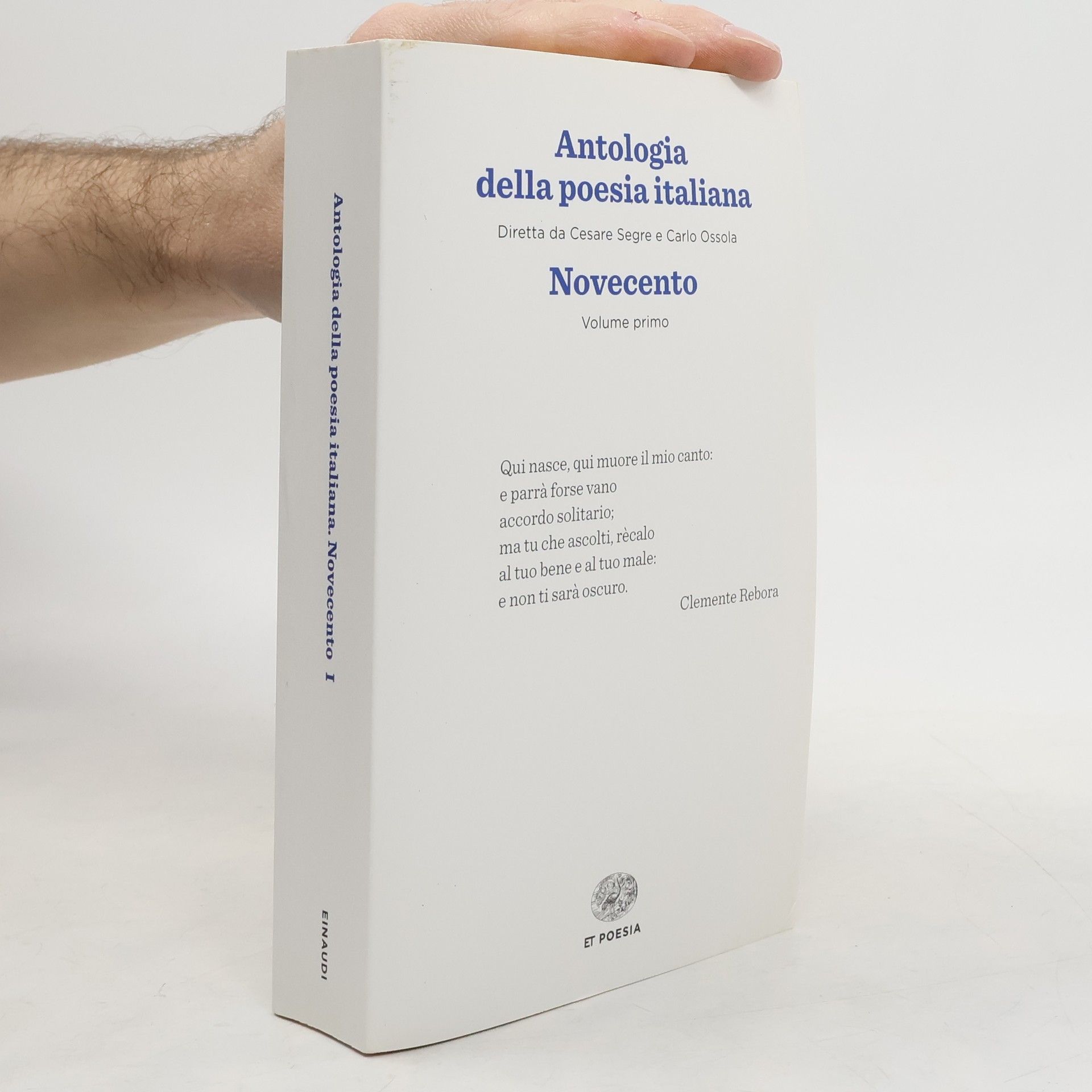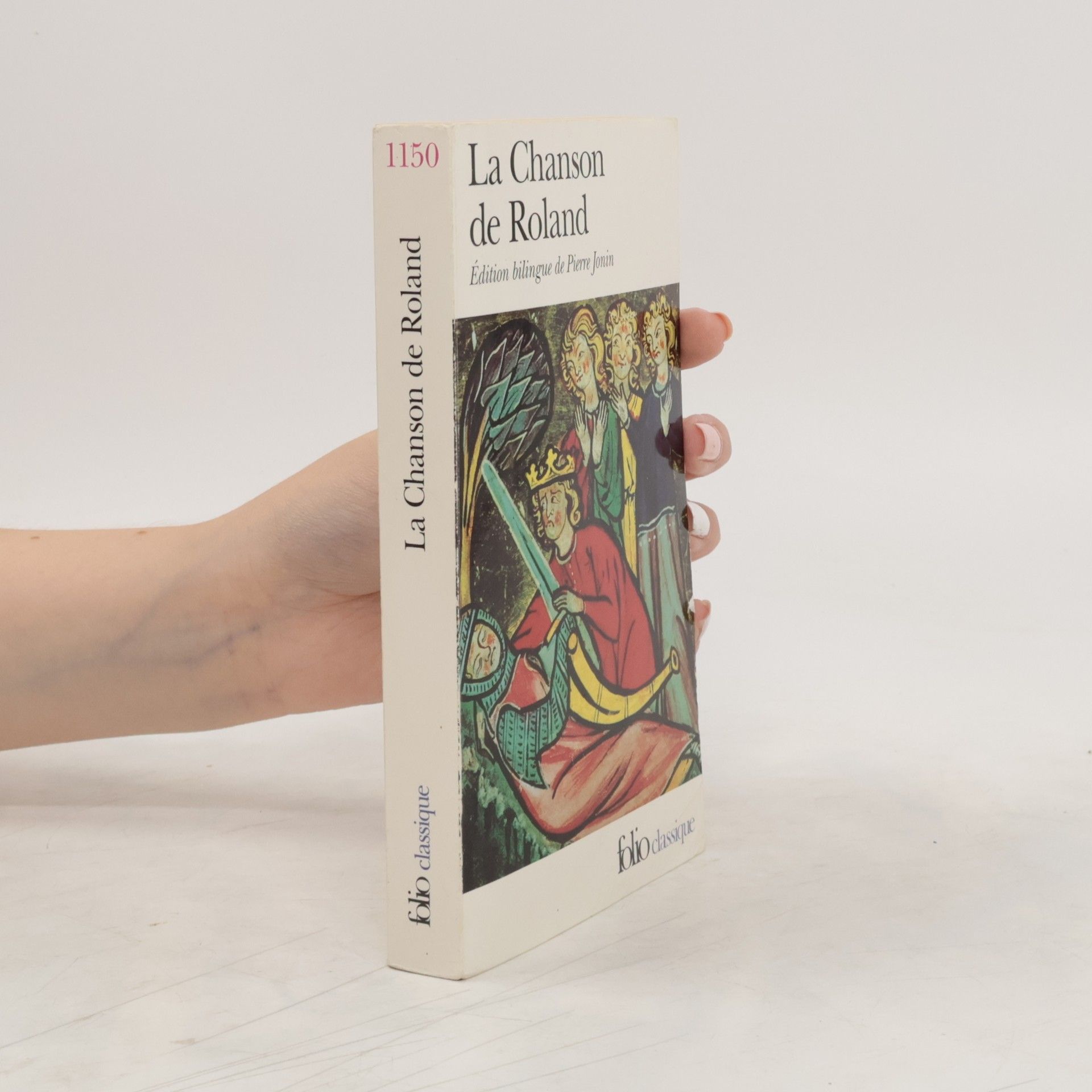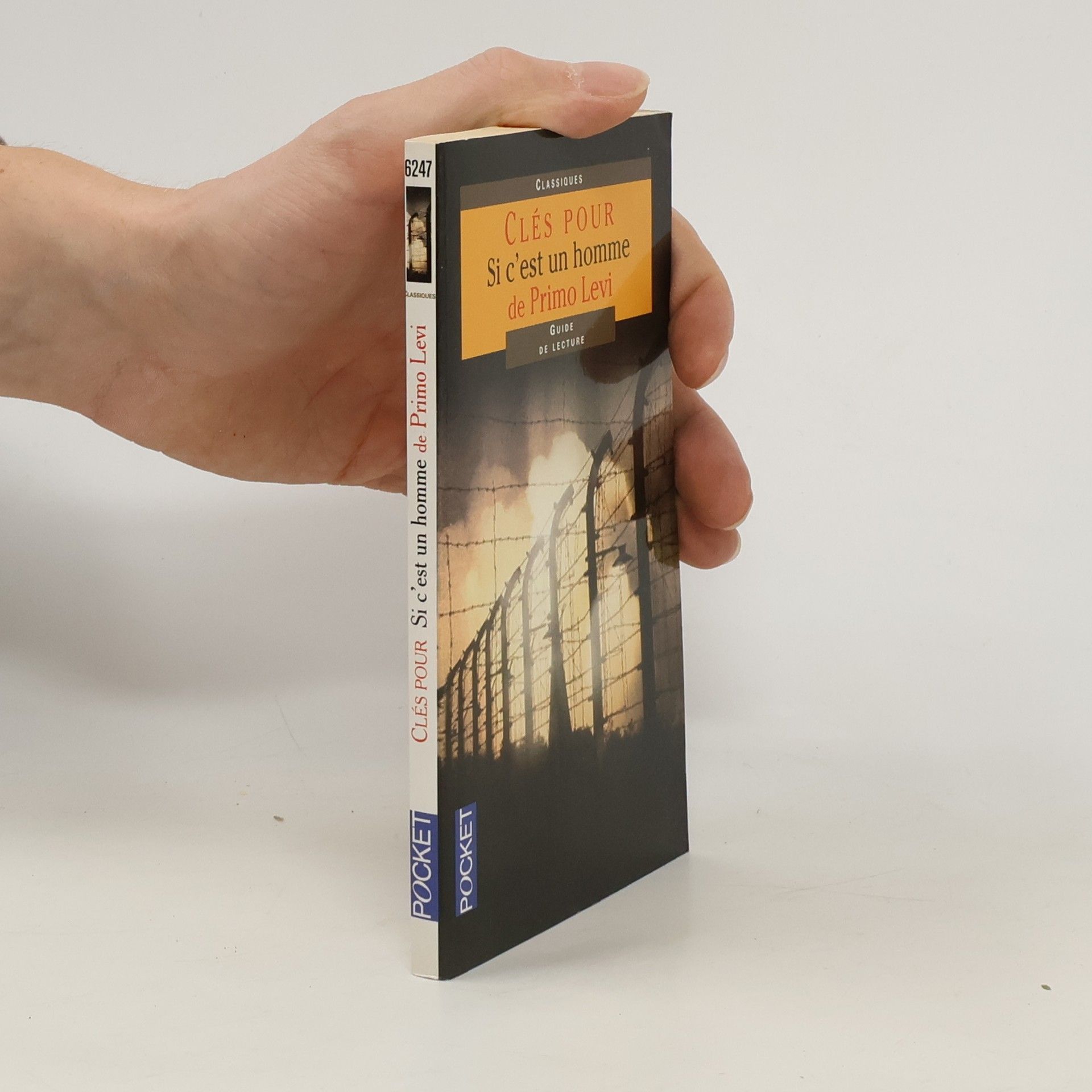On est volontiers persuadé d'avoir lu beaucoup de choses à propos de l'holocauste, on est convaincu d'en savoir au moins autant. Et, convenons-en avec une sincérité égale au sentiment de la honte, quelquefois, devant l'accumulation, on a envie de crier grâce. C'est que l'on a pas encore entendu Levi analyser la nature complexe de l'état du malheur. Peu l'ont prouvé aussi bien que Levi, qui a l'air de nous retenir par les basques au bord du menaçant oubli: si la littérature n'est pas écrire pour rappeler les morts aux vivants, elle n'est que futilité.
Cesare Segre Livres
Cesare Segre était un philologue, sémioticien et critique littéraire italien. Il dirigeait le Centre de Recherche sur les Textes et les Traditions Textuelles de l'Institut d'Études Avancées de Pavie. Le travail de Segre explorait en profondeur l'analyse des textes littéraires et leur évolution, offrant des perspectives éclairées sur leur structure et leur sens.






Natalia Ginzburg wrote her masterful, Strega Prize winning novel Family Lexicon while living in London in the 1960s. Homesick for her big, noisy Italian family, she summoned them in this novel, which is a celebration of the routines and rituals, in-jokes and insults and, above all, the repeated sayings that make up every family. The father, Giuseppe Levi, is a Jewish scientist, consumed by his work and a mania for hiking. Impatient and intractable, he is constantly at odds with his impressionable and wistful wife Lidia - yet he cannot be without her. Together they preside over their five children in a house filled with argument and activity, books and politics, visitors, friends and famous faces. But as their children grow up against the backdrop of Mussolini's Italy, the Levi household must become not only a home - but a stronghold against fascism. Intimate, enchanting and comedic, Family Lexicon is an unforgettable novel about memory, language, and the lasting power that family holds over all of us
Libera nos a malo
- 281pages
- 10 heures de lecture
Liber nos a malo è la presentazione della vita e della cultura di Malo, un paese della provincia vicentina, negli anni Venti e Trenta, ricreata, con un misto di nostalgia affettuosa, di distacco ironico, e di rigorosa intelligenza, dall'autore ormai adulto. Attraverso il microcosmo di Malo viene fissata e trasmessa compiutamente al futuro la vicenda di tutta la nostra società, nel breve periodo in cui passa da una statica e secolare civiltà contadina alle forme più avanzate della modernità, la vicenda addirittura di tutto il nostro mondo con le fratture che hanno segnato la sua precipitosa evoluzione". (Giulio Lepschy)
La Chanson de Roland
- 437pages
- 16 heures de lecture
Une traduction nouvelle et richement annotée du livre fondateur de notre littérature, d'une légende qui, autant que celle de Troie, a fait le tour du monde. Voyageant au Brésil en 1977, un Français arrive «dans un village très isolé du Rio Grande do Norte». «Un paysan assez âgé, quand il a su que je venais de France, m'a demandé des nouvelles de Roland. Chaque soir, les paysans du Nordeste chantent des complaintes : l'histoire des douze preux de Charlemagne, du traître Ganelon, d'Amadis de Gaule. Le paysan se montrait soucieux. La dispute entre Roland et Olivier ne lui disait rien de bon. Il n'aurait pas misé cher sur le bonheur de la belle Aude.»
Una buona parte del libro vuole essere un bilancio di un secolo di letteratura tra i più "lunghi" e significativi: dopo un breve diagramma etico-politico è sui fatti letterari che l'autore concentra l'attenzione. Il capitolo sul legame tra etica e letteratura è il baricentro tonale della raccolta e, a conclusione di decenni di attività critica, propone di riconoscere tra i parametri più importanti per la valutazione di un'opera letteraria quello dell'impegno morale. A più riprese Cesare Segre sottolinea due elementi che rispecchiano una sua idea di letteratura: il favore per scrittori non di professione e l'attenzione a chi affronta temi con forti risvolti morali.
Antologia della poesia italiana Novecento
- 670pages
- 24 heures de lecture
Tomo primo: Gozzano, i Crepuscolari, Lucini, Palazzeschi, Marinetti e il Futurismo, Rebora, Boine, Jahier, Campana, Sbarbaro, Onofri, Cardarelli, Saba, Ungaretti, Montale, Quasimodo, Penna, Pavese, Gatto, Sinisgalli, Betocchi, Bertolucci, Sereni, A. Pozzi, Caproni, Parronchi, Bigongiari. Tomo secondo: Luzi, Poesia in dialetto, Fortini, P. Levi, Pasolini, Orelli, Sinigaglia, Erba, A. Rosselli, Pagliarani, Sanguineti, Zanzotto, Giudici. Note filologiche e bio-bibliografiche, indice alfabetico degli autori, indice alfabetico delle opere, dei titoli e degli incipit.